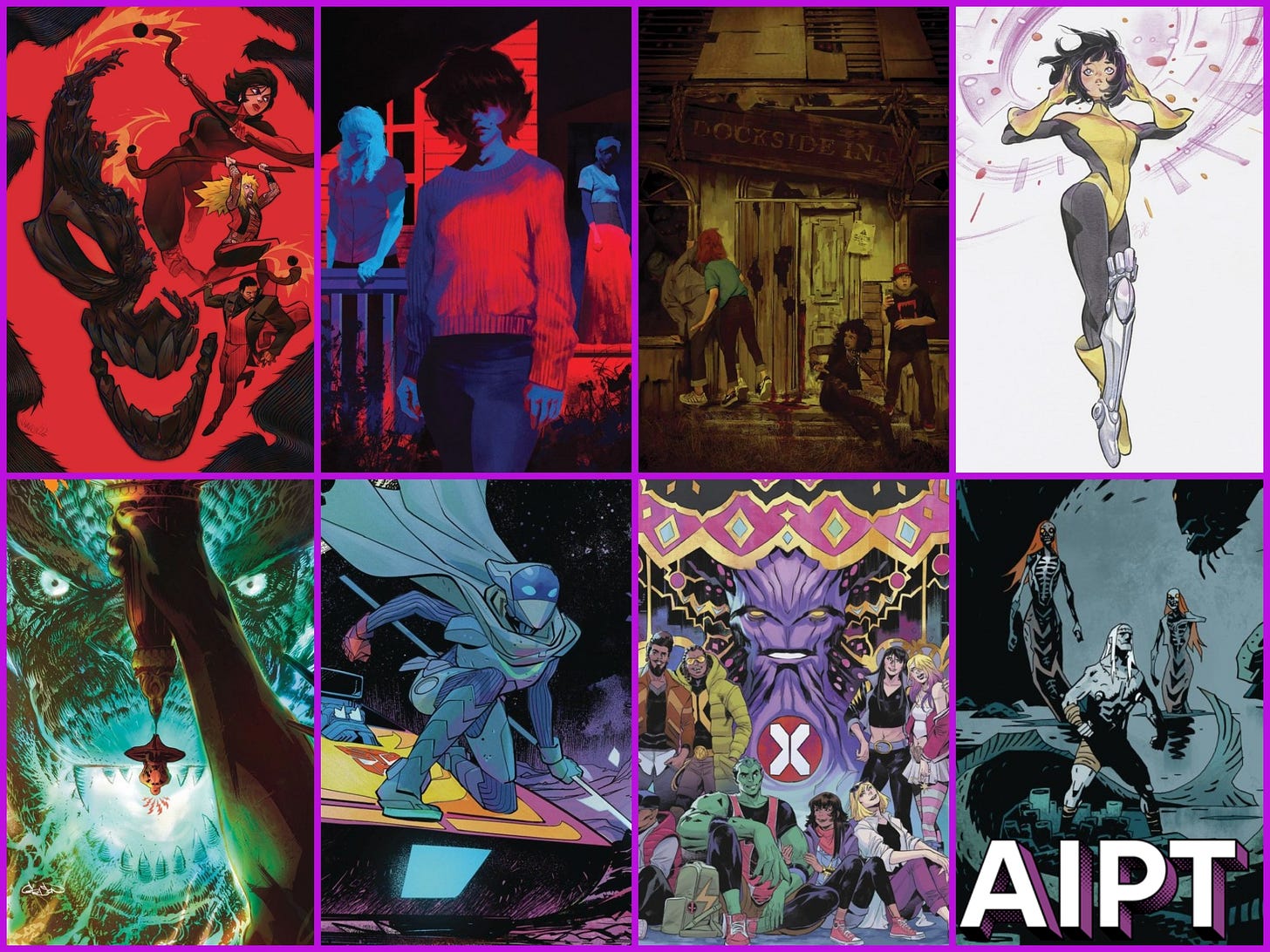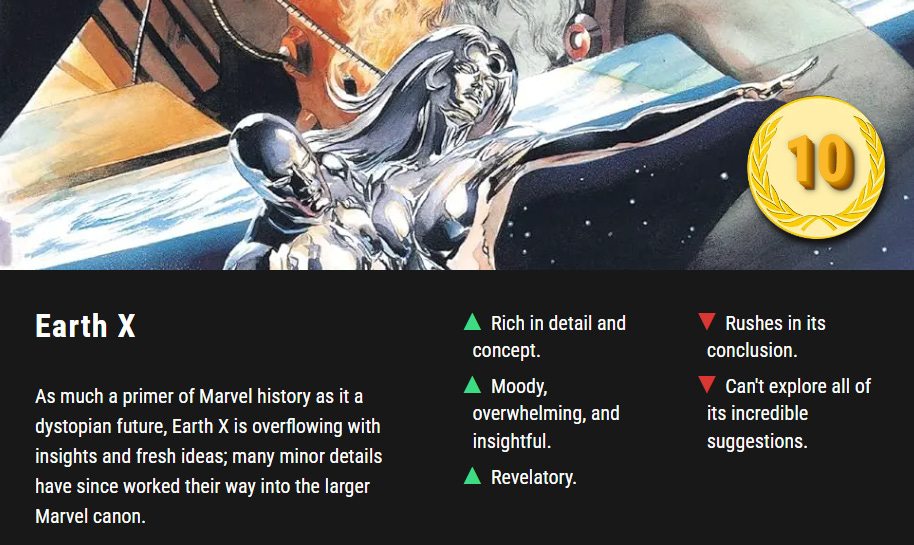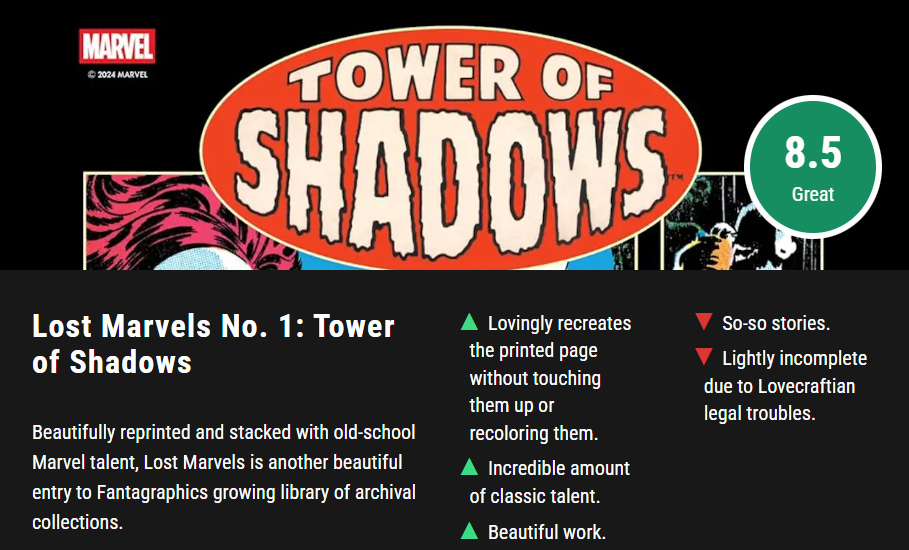Getting to Know: 'This Is Hardcore' by Pulp
Impressions on a new (to me) album after a week of heavy rotation.
In ‘Getting to Know’, I look at bands and records that have long been a blind spot in my listening, despite being firmly up my alley.
The first sign of blessed infection — the point of no return — might very well be the intrusive thought that is the earworm: the lone, incomplete lyrical refrain rebounding over and over within your mind as you go about the minor morning preparations before work.
Standing in the pre-dawn gloom of the kitchen, filling my coffee cup before trudging up the stairs to chain myself to the office desk, it clamours inside me. The near-titular line — from the middle of the titular track — in all its mauve-tinted haze: oh here comes the hardcore life.
Despite a long acquaintance with Pulp’s Different Class — an acquaintance shared, I’m certain, with the hundreds of thousands of people who picked up the album during its mid-90s hot streak (I’m certain my copy came from one of those buy one get 12 Columbia House scams) — I’ve only ever had the vaguest of contextual knowledge of the band, its exploits, and its then-twelve year history. It’s a history that has continued — Pulp only recently released a new single, “Spike Island”, forty-two years after their first release.
Mind you, I wasn’t actively engaged with music when Different Class came out — 1995 put me at the tail end of grade school. That Columbia House shipment would have come years later, say seventh or eighth grade. Right around the time of the release, in fact, of This Is Hardcore, in 1998.
That it was Different Class and not This is Hardcore that found its way into my nascent record collection is no wonder: Different Class was a breakout album. This Is Hardcore is a breakdown album.
Recorded at the height of Pulp’s popularity, the album struggles with concerns of sickening fame, of selling oneself. The ‘Hardcore’ in the title refers, of course, to pornography; lead singer Jarvis Cocker’s narrators wink at the listener, all but assuring them that porn and pop are not all that far apart.
I began my inaugural journey into This Is Hardcore with Jane Savidge’s insightful 33 1/3 volume on the album firmly in hand, a sort of guidebook for what I was hearing. This might not be the best way to get into a record — I often feel that falling in love should come before tearing something apart — but my Pulp knowledge is disappointingly underwhelming. My own time with Different Class aside, I was nowhere near the age for (and, clearly, nowhere geographically near) the entire Britpop phenomenon. I knew an album; I didn’t know the band.
For all its deconstruction of the album’s tracks, though, Savidge’s book slowly (and, I think, correctly) took the backseat to my journey into Hardcore. There are points in her prose where it feels as if she is writing to us begrudgingly — this isn’t my favorite Pulp album, she seems to be saying, and it most certainly shouldn’t be yours.
That’s not the best frame of mind to be in when starting an album, particularly an album as lush and sneering as This is Hardcore. It’s an album that almost dares you to like it — or, rather, that dared the presumably staid, blushing listening public of 1999 UK. All its narrative difficulties are, by now, rather tame; sex is barely blush-worthy in 2025, and drawing the connecting line between questionable sexual behavior and selling records barely registers.
At the time of the album’s release, however, there were claims that the album was to be the final nail in the Britpop coffin, a sort of seedy but ultimately thoughtful record that, while not conventionally catchy, might be more cerebral than the Britannia that had taken over the charts.
I can’t speak to whether or not that was the case; This is Hardcore might not sound like Different Class or What’s the Story, Morning Glory or my beloved Parklife, but what I hear when I listen isn’t so radically different from those records that it divorces itself from that sensibility. Sure, it’s a weightier record, due to the intellectual investment it demands — I can see some critics (myself not included) considering it a bit pompous — but it is, at its heart, a deeply pop record. It’s just sluttier than its peers, and I can stand behind a slut.
The titular song has stuck in my head the most, but there are (of course) other highlights. The album’s most sincere song, “A Little Soul”, avoids the larger sexual themes of the album, turning its focus instead on an estranged father’s woeful communication with his child. It isn’t a saccharine song; it’s a song filled with self-loathing and desperation. Jarvis Cocker’s own father was estranged — he fucked right off to Australia — and so if there’s a sliver of vindictiveness to the song it can be forgiven. “You look like me/please don’t turn into me,” goes the song. “Wish I could show a little soul,” the father intones, and the reading is that his soul itself is little — he is bankrupt, spiritually, is lesser than.
The catchiest song — the one most like the previous album’s hit, “Common People”, is “I Am a Man”, but it’s a condemnation of the idea of “A Man”. It provides the ridiculous and toxic aspects of masculinity (before the term ‘toxic masculinity’ was in ready usage), and it mocks those sensibilities. Despite feeling anthemic, as if the song is meant to draw disparate listeners together, it is a song that breaks some listeners down. Perhaps we can gather together to tear down these shallow false fronts, the song seems to beg.
Strangely, what This is Hardcore reminds me of the most isn’t Different Class but of the solo recordings of Tim Kasher, which do a wonderful job at distilling the chamber-pop of albums like This is Hardcore and (by Kasher’s admission in a The Good Life song) Aimee Mann’s Bachelor No. 2 into a bedroom pop intimacy. Kasher may very well be aping ‘TV Movie’ when his awkward spoken confessionals trip upward toward singing, just before his acoustic guitar is suddenly accompanied by an orchestra. Indeed, Kasher’s commitment to self-deprecating, sex-hungry lyrical protagonists also mirrors the subject matter of This Is Hardcore.
I’ve spent a little over a week with This Is Hardcore, and each listen delights just a little bit more; each listen reveals another small sonic detail. It’s made me eager to hear MORE, an album slated for release next month, but it also makes me desperate to dive deeper into the back catalog — to determine the trajectory from 1983, through 1995 and 1998, and finally to 2025.
Further music reading:
On the lyrical perfection of Jason Molina’s Pyramid Electric Company
On how Sufjan Stevens’ Seven Swans reminds me of my father
The Mountain Goats’ The Sunset Tree provided endless catharsis
My Work This Week at AIPT:
Grim reapers, giant monsters, and haunted houses for this week’s Judging by the Cover.
Earth X is one of my favorite Marvel Comics stories of all time, and I got a chance to look at the new printing.
I also got to look at some stellar reprints of “forgotten” Marvel horror comics from the late 60s thanks to Fantagraphics new Lost Marvels book.






